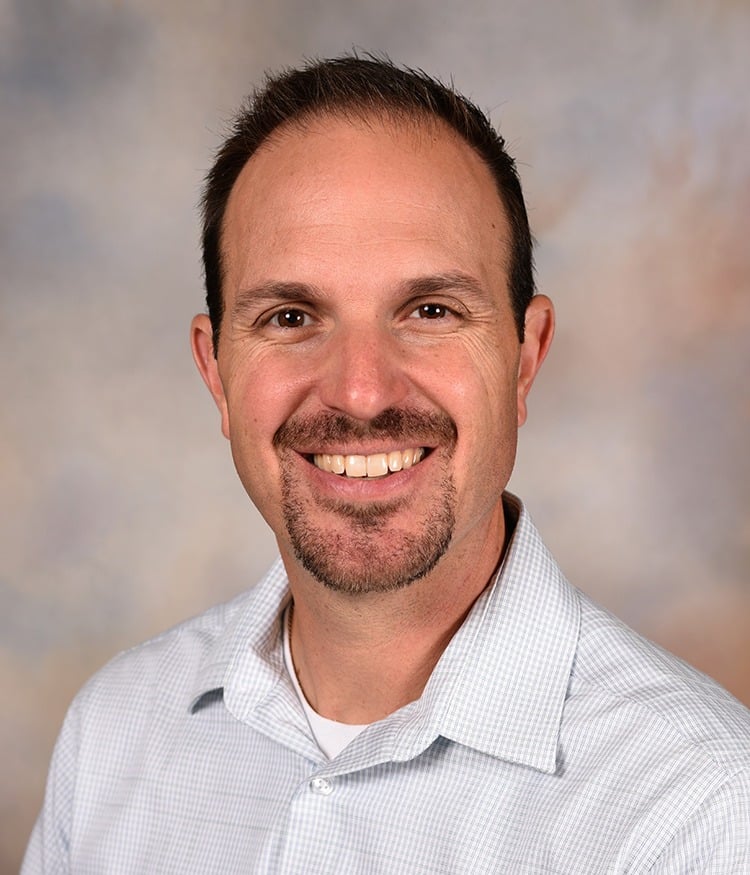Texas Citizens: Let Your Voices Be Heard
As the state legislature convenes, here’s how United Methodists can take part in the political process
Rev. Andy Lewis
Director, Center for Missional Outreach
The 86th Texas Legislative Session began this week, and this is something that should matter to us as people of faith.
 Over the years as a local church pastor, I often heard the argument that “the Church should stay out of politics.” If staying out of politics means refraining from aligning with a particular political party, then I wholeheartedly agree. If staying out of politics means not dabbling in matters about which we are uninformed, then I receive that as a challenge to become better informed. But, if staying out of politics means staying in our “lane” (caring for the flock, speaking to the spiritual needs of people, etc.) and not engaging with the most pressing issues facing our communities from the perspective of our faith, then I couldn’t disagree more.
Over the years as a local church pastor, I often heard the argument that “the Church should stay out of politics.” If staying out of politics means refraining from aligning with a particular political party, then I wholeheartedly agree. If staying out of politics means not dabbling in matters about which we are uninformed, then I receive that as a challenge to become better informed. But, if staying out of politics means staying in our “lane” (caring for the flock, speaking to the spiritual needs of people, etc.) and not engaging with the most pressing issues facing our communities from the perspective of our faith, then I couldn’t disagree more.
Jesus signaled the political nature of his ministry when he announced, “The Spirit of the Lord is upon me, because he has anointed me to bring good news to the poor. He has sent me to proclaim release to the captives and recovery of sight to the blind, to let the oppressed go free, and to proclaim the year of the Lord’s favor” (Luke 4:18-19). He offered a vision of a Kingdom that challenged and sought to usurp the hegemony of Rome. The Early Church followed in Jesus’ footsteps, consistently resisting and calling into the question the violent and oppressive policies of the Roman Empire. From our Wesleyan heritage, John Wesley faced head on, for example, the realities in 18th-century England of an unjust criminal justice system and the lack of adequate education for the materially poor.
In this season, our political process needs the Church and people of faith to engage and bring to the table our unique perspective as followers of Christ.
In that spirit, I am lifting up two legislative issues that I believe we, as United Methodists, can get behind, and I am encouraging us to let our voices be heard in Austin this spring.
Education
Reaffirm the state’s historic commitment to fund a set share of the cost of public education, including the cost of enrollment growth.
Methodists have had a long-standing commitment to public education, reaching back to John Wesley and his work to open a school for the children of poor coal miners near Bristol. John Wesley believed that education was the key to a fuller, richer life.
“Knowledge, for him, was not so much a purely intellectual attribute but rather a channel of self-understanding, which is crucial for salvation” (Richard Hietzenrater, in a summary of Wesley’s educational principles).
Undoubtedly, a number of different funding proposals will emerge this spring, but any acceptable funding plan must increase funding to public schools to improve the quality of the education our children receive and to match the population growth in our state.
Hunger
Strengthen access to affordable healthy food in disadvantaged communities and make more user-friendly application and enrollment systems for nutrition assistance programs, particularly for seniors.
Only 36 percent of eligible senior citizens in Texas participate in the Supplemental Nutrition Assistance Program (SNAP) compared to 83 percent of other eligible demographic groups. Lack of participation can be attributed to multiple factors, though two key barriers stand out: a complicated application process and the requirement of frequent benefit renewals.
Thankfully, both of these factors are addressed by the Elderly Simplified Application Program (ESAP) Waiver. The U.S. Department of Agriculture allows States to adopt a simplified application for senior citizens and allows for benefit renewal every 36 months without a renewal interview.
Texas Impact, founded in 1973, exists to advance state public policies that are consistent with the commonly held social principles of mainline Christian denominations, like the United Methodist Church. Texas Impact seeks to bring faith to bear on social issues through grassroots education and policy advocacy. They give people of faith the information and leadership skills they need to help policymakers improve conditions for families and communities throughout Texas.
To explore additional legislative priorities suggested by our friends from Texas Impact that might resonate with you as a United Methodist Christian, go here
To communicate with your state representatives, go here
Published: Monday, January 7, 2019
